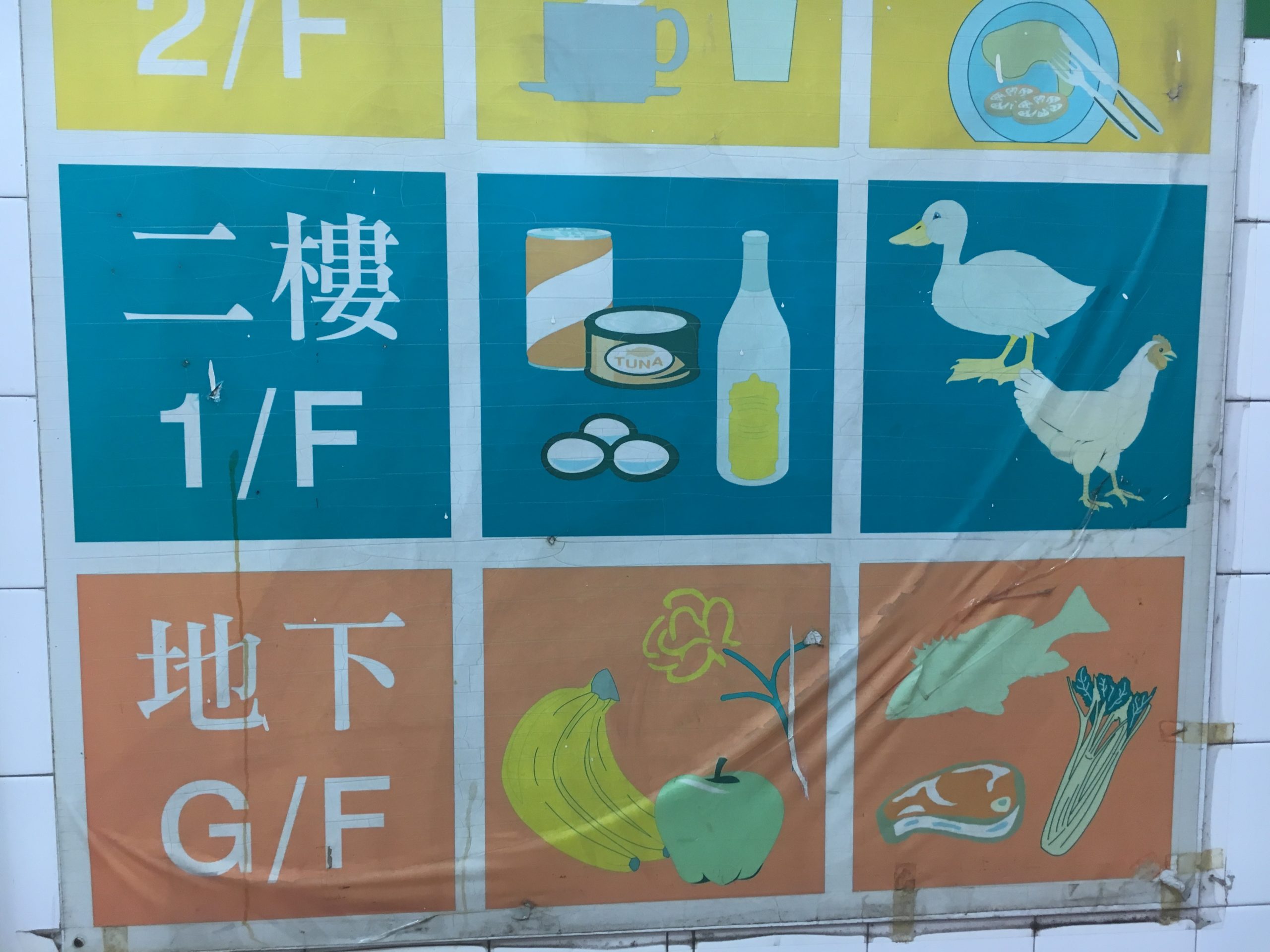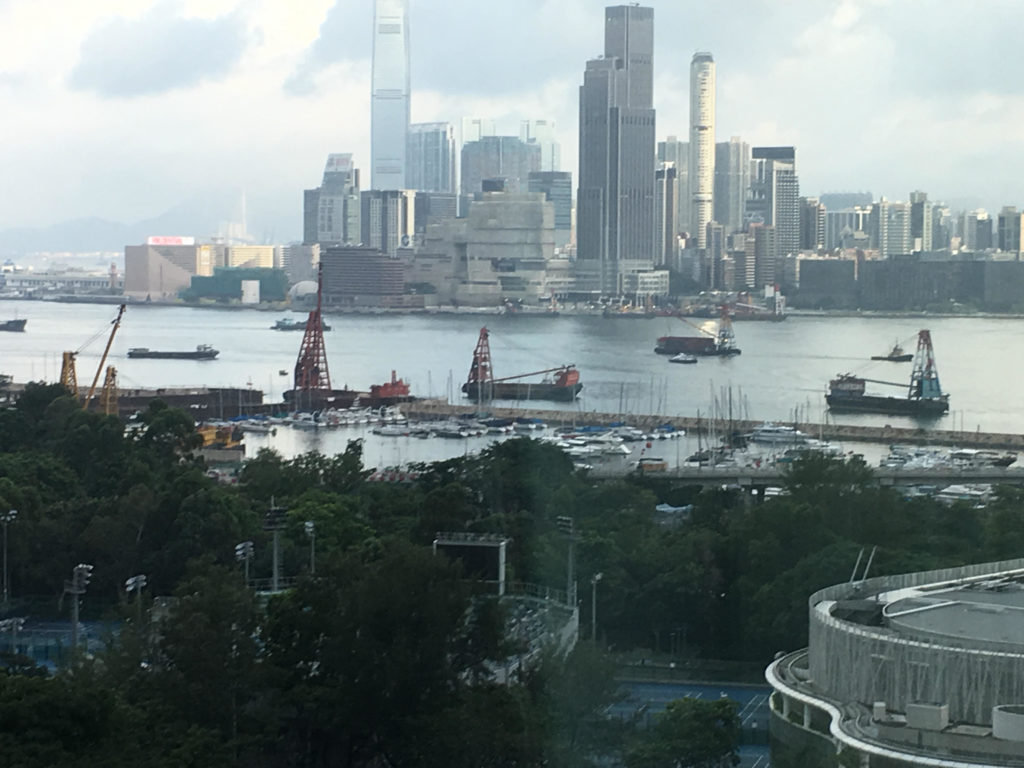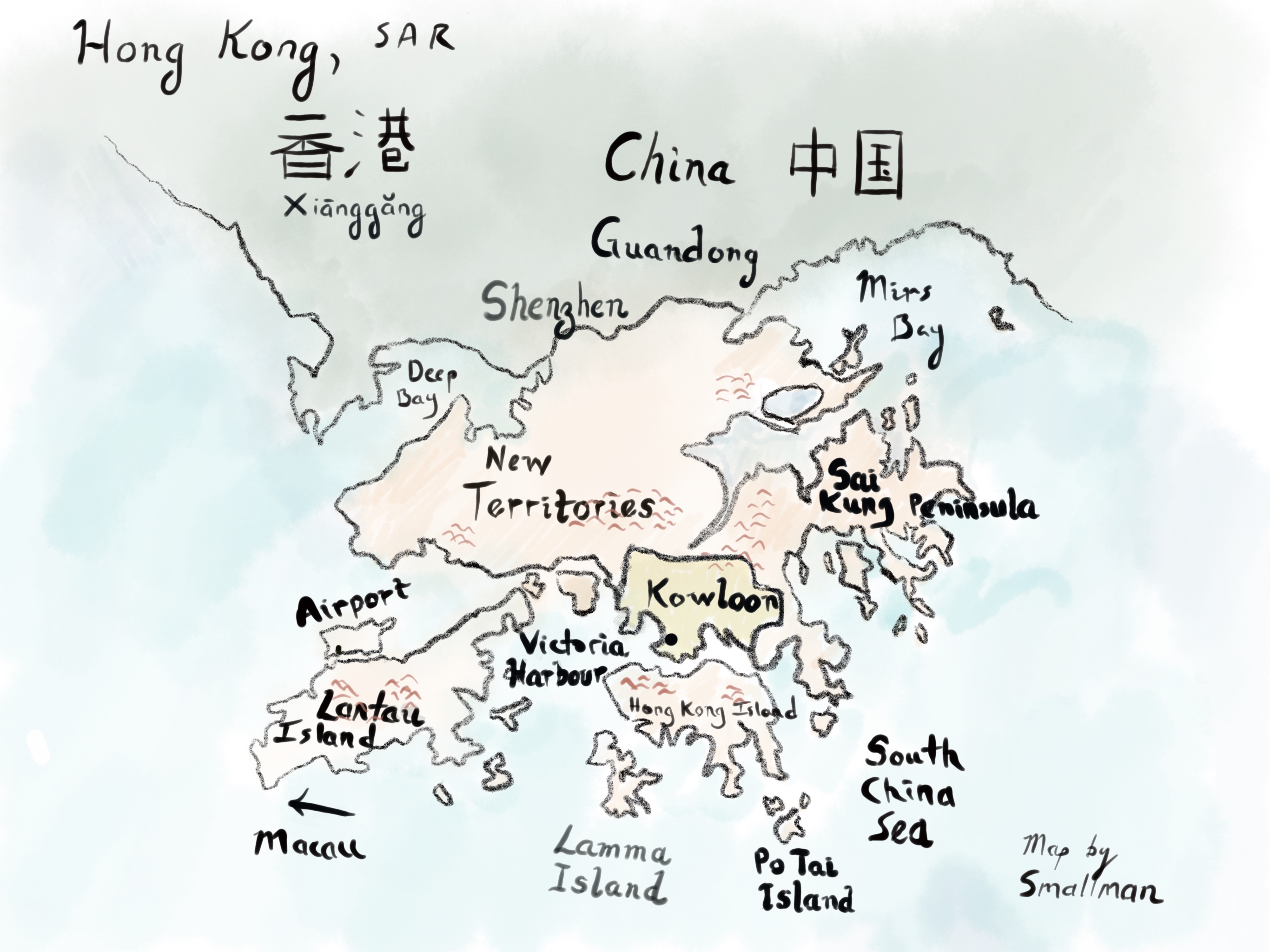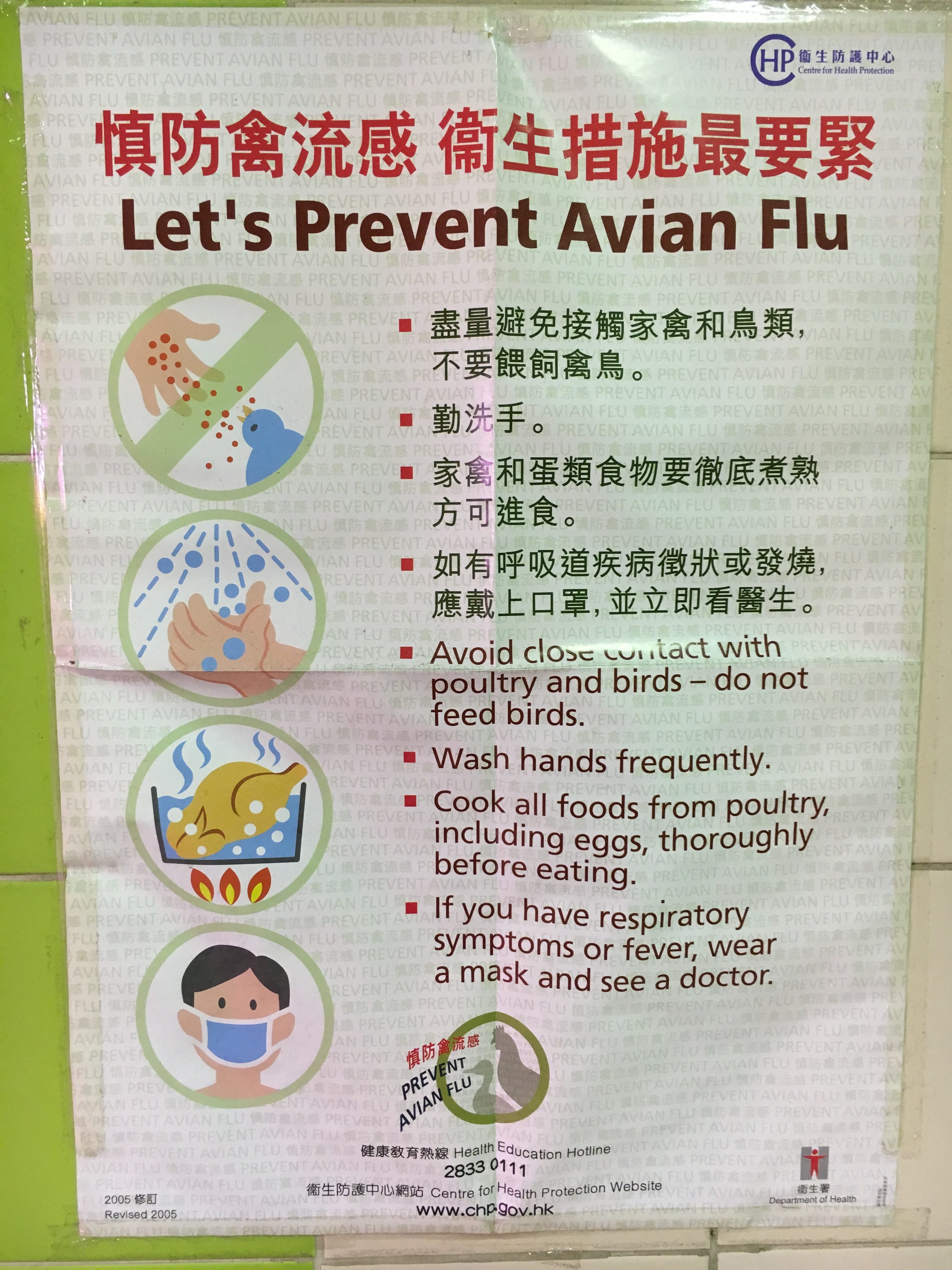Coronavirus podcast

There is so much discussion of the coronavirus epidemic in the media that it can be hard to find reliable information. One good source of measured, thoughtful information is this podcast, “Coronavirus Infections—More Than Just the Common Cold,” which is an interview with Anthony, S Fauci, the director of the National Institute for Allergy and Infectious Disease. You can also find this podcast on Stitcher and other podcast platforms. To listen to it on Apple podcasts, please search for “JAMA Author interviews,” and go to January 27, 2020.
If you are interested in learning more about live markets, you can read my work here. And this blog posts discusses quarantine and nCoV based on some historical context from the 1918 influenza pandemic.





